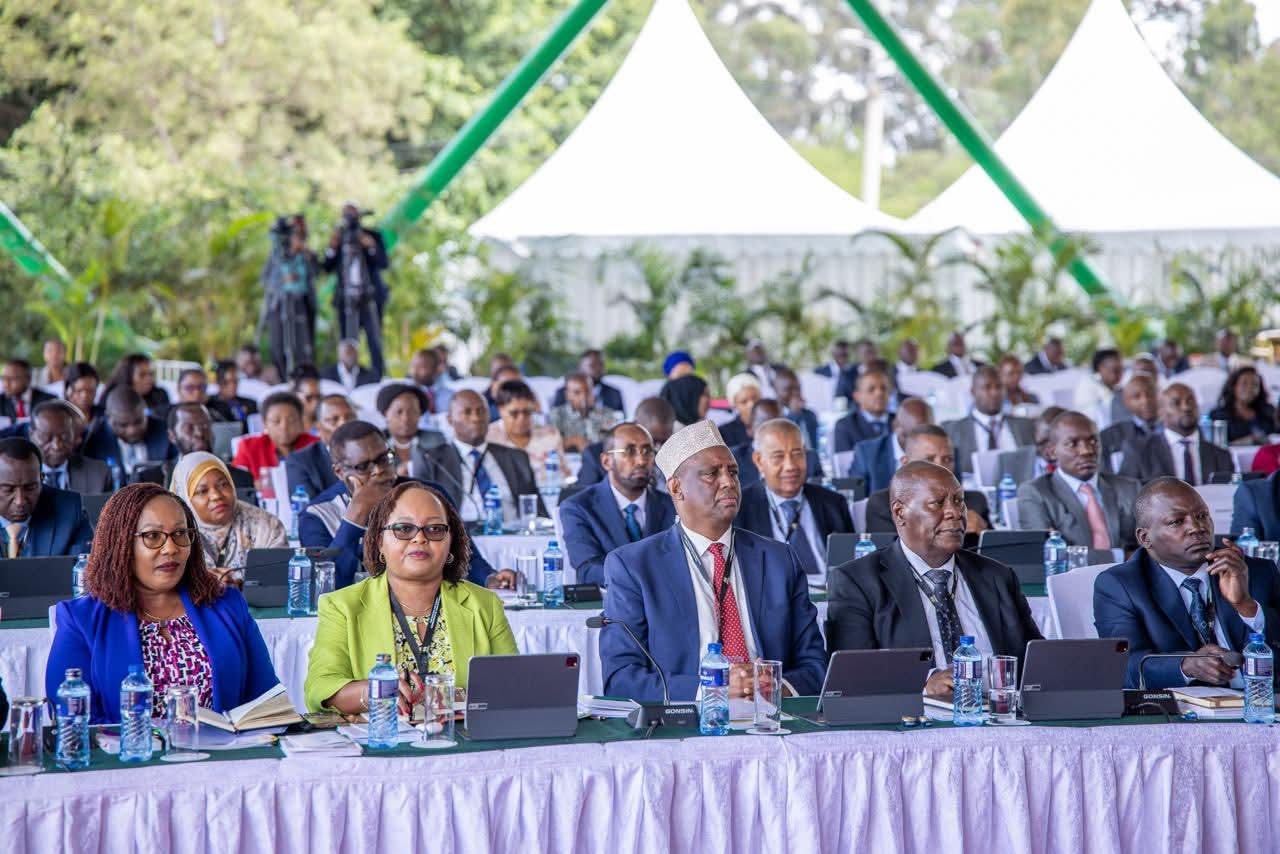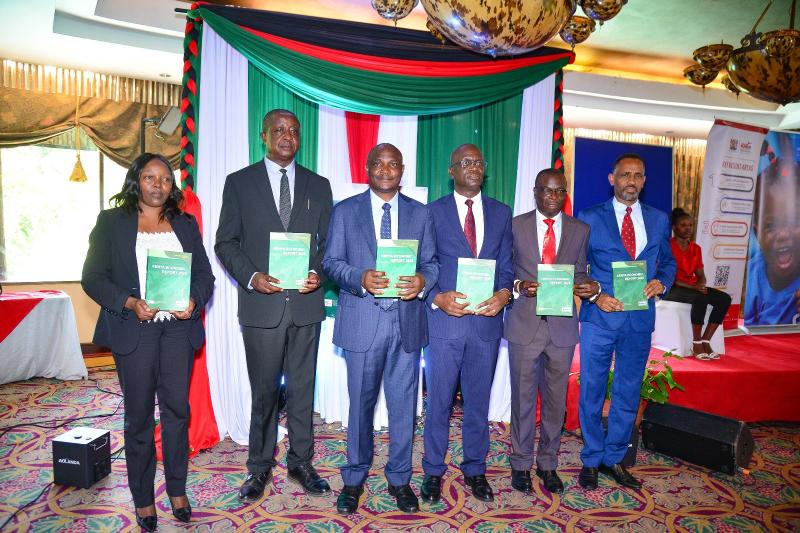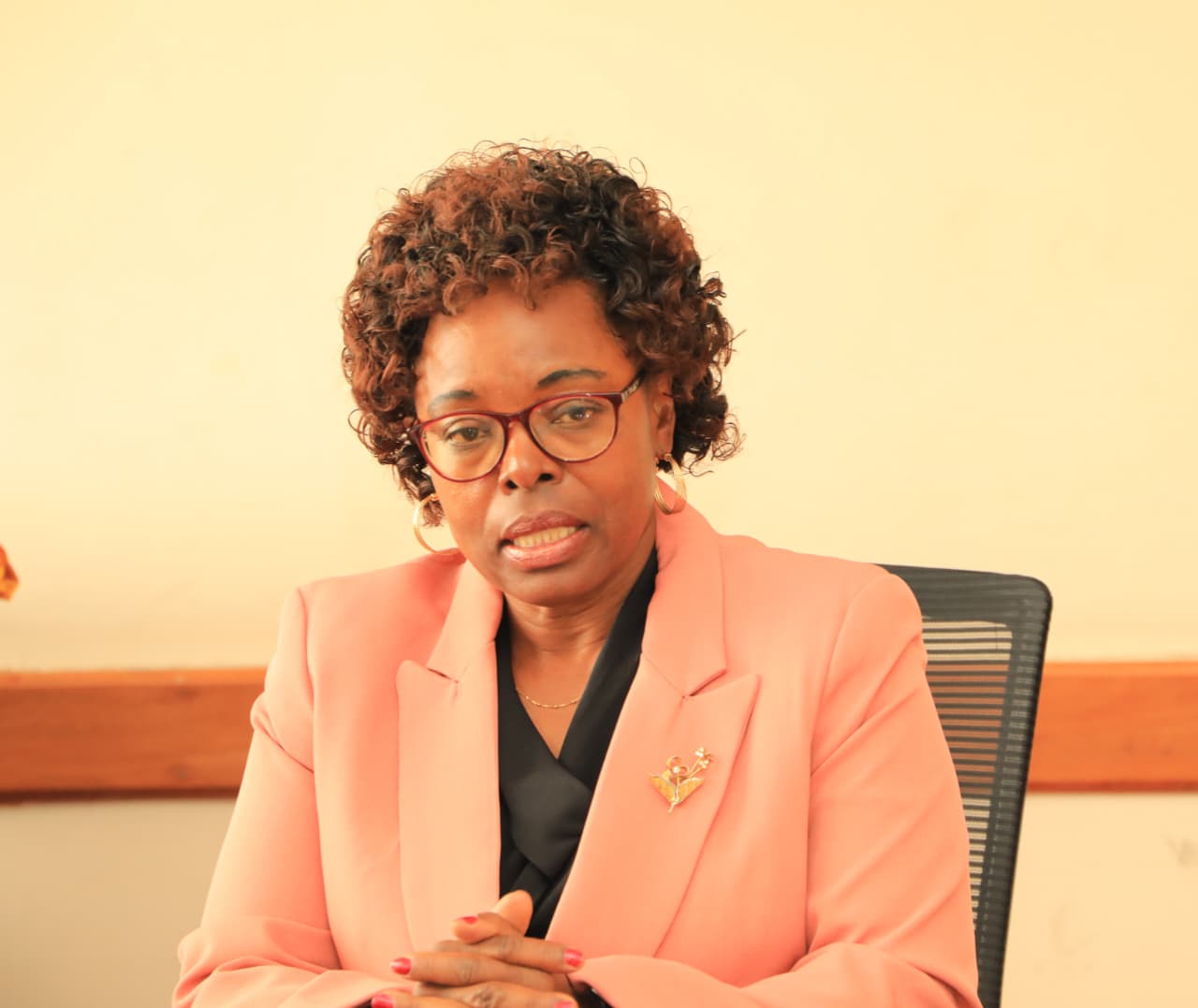Lobby group calls for semester extension as lecturers' strike enters fourth week

The group called for an adjustment to the academic calendar, arguing that the semester should not be treated as standard without addressing the lost time.
The Elimu Bora Working Group has urged the government to extend the current university semester to recover the time lost during the ongoing lecturers' strike, which has entered its fourth week with no resolution in sight.
The group, a coalition of civil society organisations advocating for the right to education in Kenya, expressed concern over the impact of the strike on students and parents, noting that the disruption has caused significant financial and academic setbacks.
More To Read
- University lecturers petition IMF over unpaid wages, SRC interference in Kenya
- KEMRI-JKUAT collaboration secures court ruling to protect senior scientists from early retirement
- KEPSA calls on Parliament to enact reforms to stabilise public universities after 49-day lecturers’ strike
- Govt announces measures to resume learning in universities after 49-day lecturers' strike
- University lecturers call off 49-day strike after securing Sh7.9 billion arrears deal with government
- JKUAT orders students to vacate campus as lecturers' strike disrupts learning
The strike, which resumed on October 29 after being suspended for a month, has halted learning in public universities, leaving students idle on campuses.
The group called for an adjustment to the academic calendar, arguing that the semester should not be treated as standard without addressing the lost time.
"Now that we have lost four weeks, we have to find a way of making up for the four weeks. We have to create time for this particular semester to be treated as a standard semester. We cannot just work with the timeline that has been set strictly," Executive Director of the Student's Caucus Maxwell Magawi said.
"To remedy this situation, we are seeing a situation where it will be necessary to readjust the academic calendar."
The group also raised concerns about the potential deterioration of education quality due to the prolonged strike.
"The right to education extends to the right to get quality education. Let's not just have people being in learning institutions for the sake of it. It should have a direct impact on their level of development," Magawi said.
A member of the group, Esther Wanjiru, emphasised the negative effects of idle time on students, particularly those expected to graduate this semester.
"Idle time in universities is detrimental to students, impacting their morale, motivation, and sense of purpose. We believe Kenya's young people deserve an uninterrupted learning environment where they can fully engage in their studies and work toward their future aspirations without uncertainty," she said.
David Karani, another member, urged the government to prioritise resolving the strike through honest dialogue with lecturers.
"We urge all stakeholders to work together to resolve this crisis for the sake of Kenya's young generation and to uphold the standard of education we all aspire to," he said.
Legal action
Magawi hinted that the group might consider taking legal action if the strike persists, arguing that it violates students' constitutional right to quality education.
"We may begin to turn around the idea of jurisprudential engagement around quality education and how the lecturers' strike has impacted the lives of learners at a direct level, what kind of losses have they suffered, and what are the practical legal remedies that can be explored," he said.
The University Academic Staff Union (UASU), leading the strike, is demanding the full implementation of the 2021–2025 Collective Bargaining Agreement (CBA). The agreement was reached in September with the Inter-Public Universities Councils' Consultative Forum.
Government Spokesperson Isaac Mwaura stated that the government had offered a salary increment of seven to 10 per cent, amounting to Sh4.3 billion, with the higher percentage going to lower-earning lecturers.
He acknowledged the challenges caused by the strike, particularly for students in practical courses.
"Yes, a lecturers' strike is a serious issue, and it does impact our academic institutions, students, and lecturers deeply. Strikes lead to missed classes and disrupted schedules, and we know this can be especially challenging for students in hands-on, practical courses," Mwaura said.
"More than anything, I understand the stress and anxiety this situation can create for students and families who have been working so hard to keep up with their academic goals. As a government, we take these impacts very seriously, and we are committed to safeguarding the quality and continuity of education across Kenya."
Mwaura noted that some universities had continued learning through online platforms and that efforts to resolve the strike were ongoing.
"We are working around the clock to resolve this strike through constructive dialogue and mutual understanding with our academic staff. Our goal is to get all universities back on track while also ensuring that our policies and solutions strengthen the sector for the long term. I am confident we'll emerge stronger and more unified," he said.
Regarding Moi University, where staff have been striking for most of the year, Mwaura claimed that the union had failed to honour an agreement by shifting demands.
"The unions indicated that they would return to work upon payment of full salaries for September 2024. That was done. Then they shifted goalposts and demanded for payment of unverified pending bills of Sh8.6 billion immediately. This was not possible, hence, the stalemate," he explained.
The lecturers' strike continues to disrupt university operations across the country as stakeholders seek a resolution.
Top Stories Today













































